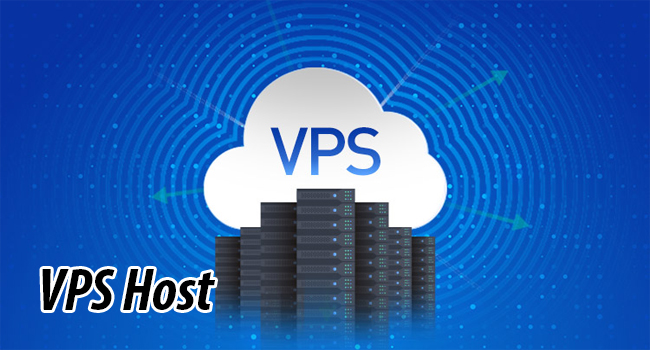Understanding VPS Hosting: A Comprehensive Overview
Virtual Private Server (VPS) hosting stands out as a versatile and powerful solution for businesses and individuals who require more control and performance than what shared hosting offers. VPS hosting bridges the gap between shared hosting and dedicated servers, providing a dedicated portion of a physical server’s resources with the flexibility to tailor the environment to specific needs. This article explores the key aspects of VPS hosting, including its benefits, how it works, and what to consider when choosing a VPS hosting provider.

What is VPS Hosting?
VPS hosting involves partitioning a physical server into multiple virtual servers, each operating independently. Each VPS runs its own operating system and has its own dedicated resources, such as CPU, RAM, and storage, though all VPS instances share the same physical hardware. This isolation ensures that the performance and stability of one VPS do not affect others on the same physical server.
Benefits of VPS Hosting
- Enhanced Performance: VPS hosting provides dedicated resources, ensuring that your website or application performs better than it would on shared hosting. This means faster load times and the ability to handle more traffic.
- Greater Control and Customization: With VPS hosting, you have root access to your server, allowing you to install and configure software, customize security settings, and tailor the server environment to your specific needs.
- Improved Security: VPS hosting offers better security compared to shared hosting because your virtual server is isolated from others. This isolation helps protect your data and applications from potential threats affecting other users on the same physical server.
- Scalability: VPS hosting providers typically offer flexible plans that allow you to easily scale your resources up or down based on your requirements. This flexibility ensures that you can adapt to changing needs without major disruptions.
- Cost-Effectiveness: While VPS hosting is more expensive than shared hosting, it is generally more affordable than dedicated servers. This makes VPS a cost-effective solution for those who need a balance between performance and budget.
How VPS Hosting Works
- Virtualization: VPS hosting relies on virtualization technology to create multiple virtual servers on a single physical server. This is achieved using hypervisor software, which manages the virtual environments and allocates resources.
- Resource Allocation: Each VPS is allocated a specific amount of CPU, RAM, and storage. These resources are dedicated to the virtual server, ensuring that other VPS instances do not interfere with its performance.
- Isolation: Each VPS operates independently, with its own operating system and software. This isolation provides a secure and stable environment, separate from other VPS instances on the same physical server.
- Management: Depending on the plan, VPS hosting can be managed or unmanaged. Managed VPS hosting includes server management and support from the hosting provider, while unmanaged VPS requires you to handle server maintenance and configuration.
Choosing a VPS Hosting Provider
- Assess Your Needs: Determine your specific requirements in terms of resources, operating system, and any additional features. Consider factors like expected traffic, resource demands, and software needs.
- Evaluate Providers: Research various VPS hosting providers, comparing their plans, features, performance, and customer reviews. Look for providers with a good track record of uptime, support, and reliability.
- Check Scalability Options: Ensure the provider offers flexible scalability options, allowing you to easily adjust your resources as your needs change.
- Review Support and Security: Consider the level of support offered by the provider and their security measures. Reliable customer support and robust security protocols are crucial for maintaining your VPS.
- Consider Pricing: Compare pricing plans and features to find a VPS hosting solution that fits your budget and meets your requirements.
Conclusion
VPS hosting is a powerful and flexible solution for those who need more control and performance than shared hosting can offer. By understanding how VPS hosting works, its benefits, and what to look for in a hosting provider, you can make an informed decision that aligns with your needs and goals. Whether you’re running a high-traffic website, hosting applications, or managing a development environment, VPS hosting provides the dedicated resources and customization options necessary for success.